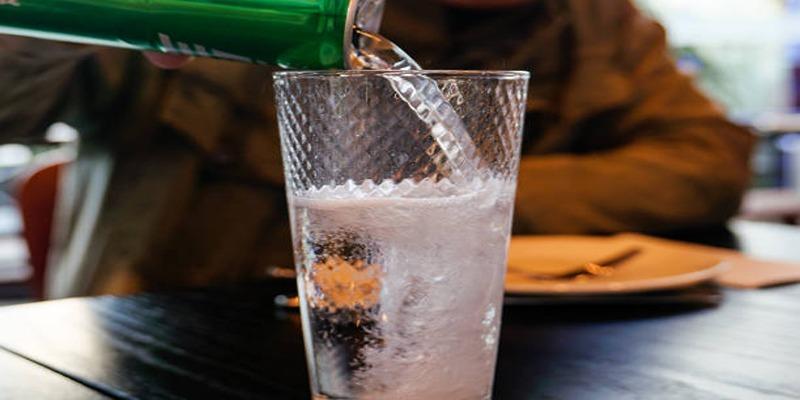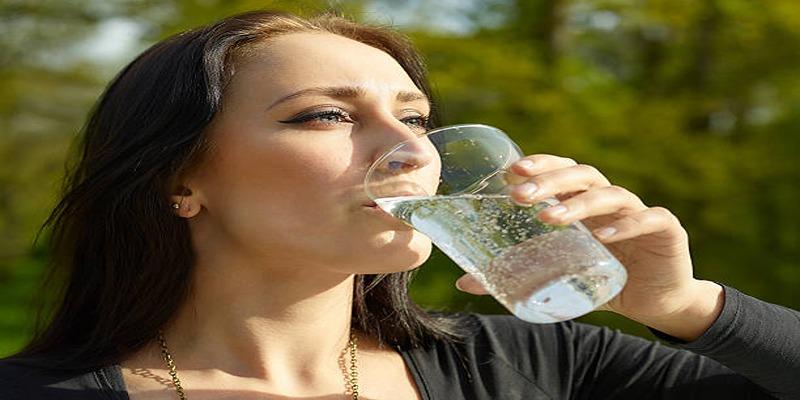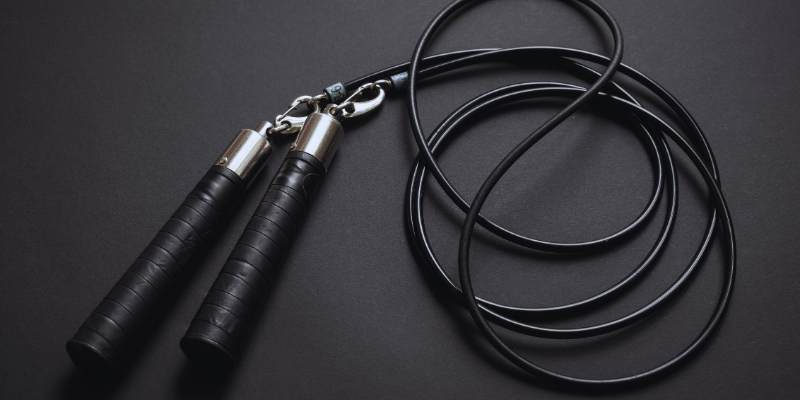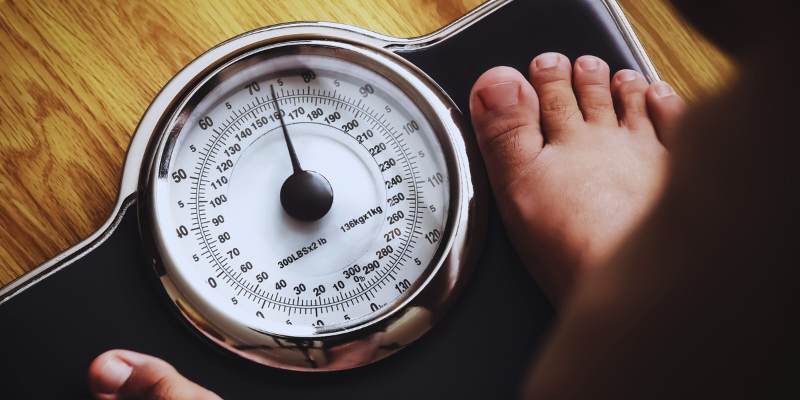Sparkling water has surged in popularity as a refreshing alternative to sugary drinks, but questions about its potential health risks remain. From concerns about tooth enamel erosion to digestive issues, it’s important to separate fact from fiction. This introduction explores the hidden dangers of sparkling water and whether they warrant significant concern.
What Is Sparkling Water?

Sparkling water also known as carbonated water refers here to water that has been exposed to carbon dioxide gas under pressure. It is responsible for creating the bubbly fizz which so many love. It’s available in different varieties, including:
- Seltzer water: Pure carbonated water, often flavored.
- Club soda: Contains added minerals such as sodium bicarbonate or potassium sulfate.
- Tonic water: Includes added sweeteners and quinine (used mostly in beverages).
- Mineral water: Naturally carbonated and rich in minerals from its source.
Despite its basic ingredients, the process of carbonation and added compounds can raise several health-related questions.
Myth vs. Reality: Does Sparkling Water Damage Your Teeth?
Claim: Sparkling water erodes tooth enamel.
Truth: There is some basis for this concern. Carbonation creates carbonic acid, which lowers the pH of water and makes it more acidic. Acidic environments can wear away tooth enamel over time. However, the level of acidity in plain sparkling water is much lower than in sugary sodas or citrus juices.
Dentists suggest that plain, unflavored sparkling water poses minimal risk to healthy teeth when consumed in moderation. Problems arise with flavored varieties, especially those containing citric acid, which significantly increases acidity.
Bone Health Concerns: Fact or Fiction?
Claim: Sparkling water weakens bones.
Truth: This claim likely stems from studies linking cola-based beverages to lower bone mineral density. However, these drinks contain phosphoric acid, which is not present in plain sparkling water.
Research shows no direct link between sparkling water and reduced bone health. In fact, some mineral waters may contribute beneficial calcium and magnesium, both important for strong bones.
Takeaway: There's no solid evidence that sparkling water negatively impacts bone density when compared to still water.
Does Sparkling Water Cause Bloating or Digestive Discomfort?
Claim: Sparkling water leads to bloating and gas.
Truth: This claim is partly true. The bubbles in carbonated water can cause a buildup of gas in the digestive tract, especially for individuals with sensitive stomachs or conditions like irritable bowel syndrome (IBS).
For some, carbonation can lead to:
- Belching
- Bloating
- Stomach pressure
- Discomfort after meals
However, for others, it may aid digestion. Some studies suggest carbonated water can stimulate the release of digestive enzymes and help relieve constipation.
Takeaway: If you’re prone to bloating, limit your intake or drink slowly. If you’re seeking digestive relief, moderate consumption might actually help.
Is Sparkling Water Hydrating?
Claim: Sparkling water doesn't hydrate as well as regular water.
Truth: Carbonated water does hydrate the body effectively, just like still water. The presence of carbon dioxide gas does not interfere with water absorption.
In some cases, the effervescence of sparkling water may encourage people to drink more, especially if they find plain water bland or unappealing.
Takeaway: Sparkling water is a valid choice for staying hydrated, as long as it doesn’t include added sodium or sugars.
Effects on Weight Management
Claim: Sparkling water affects appetite and weight gain.
Truth: The evidence here is mixed. One small study suggested that carbonation might stimulate the hunger hormone ghrelin, potentially increasing appetite. However, this effect was primarily seen in male participants, and more research is needed to confirm its relevance in real-life settings.
On the other hand, replacing high-calorie drinks like soda or sugary juices with unsweetened sparkling water can support weight loss goals by significantly reducing your daily calorie intake. Sparkling water provides the refreshing fizz many people enjoy without the added sugars or empty calories, making it a healthier alternative that helps you stay hydrated while promoting better dietary choices.
Takeaway: Sparkling water can be a helpful tool in reducing calorie intake, but individuals who feel hungrier after drinking it may need to moderate their consumption.
Sodium and Additives: What’s Lurking in Your Can?

Many commercial sparkling waters, especially club sodas and flavored varieties, contain additives such as:
- Sodium
- Artificial sweeteners
- Natural flavors (a vague term that can include many ingredients)
Excess sodium can concern those with high blood pressure or kidney issues. Artificial sweeteners may also affect gut health and taste preferences.
Takeaway: Read labels carefully. Choose unsweetened, sodium-free options when possible.
Environmental and Packaging Concerns:
While not a direct health risk, the rise in sparkling water consumption contributes to increased packaging waste, particularly from aluminum cans and plastic bottles. Although many are recyclable, not all are processed properly.
Glass bottles or home carbonation systems are more sustainable options for frequent consumers, as they reduce the need for single-use plastics and help minimize waste. These choices are not only eco-friendly but also cost-effective in the long run, making them ideal for those who regularly enjoy carbonated beverages.
Takeaway: Consider your environmental impact when choosing how to enjoy sparkling water.
Recommendations for Safe Consumption:
To enjoy sparkling water without compromising your health:
- Choose plain or naturally mineralized options without added acids or sweeteners to ensure you're drinking water that hydrates without negatively impacting your teeth or overall health. Naturally mineralized sparkling waters can provide essential minerals like magnesium or calcium.
- Limit flavored sparkling waters, especially those with citric acid, as they can erode your tooth enamel over time. If you enjoy flavored options, consider limiting them to an occasional treat rather than a daily habit.
- Avoid brushing your teeth immediately after drinking sparkling water, particularly acidic varieties, to protect your enamel. Wait at least 30 minutes after drinking to allow your saliva to naturally neutralize the acids.
- Monitor your digestion, as sparkling water can cause bloating or discomfort in some individuals due to the carbonation. If you notice any digestive issues, consider reducing your intake or switching to still water.
- Stay informed by reading nutrition labels, and always check for added sodium, sweeteners, and preservatives. These ingredients can impact both your health and the quality of the water you're consuming. Opt for brands with minimal additives for the healthiest choice.
Conclusion:
Sparkling water isn’t a perfect drink, but it’s far from dangerous for the average person. Many of the concerns associated with it are either overblown or easily managed through smart choices. Whether you’re sipping it at lunch or using it as a soda replacement, the key is to know what’s in your bottle or can. With informed decisions, sparkling water can be part of a healthy, refreshing lifestyle.












